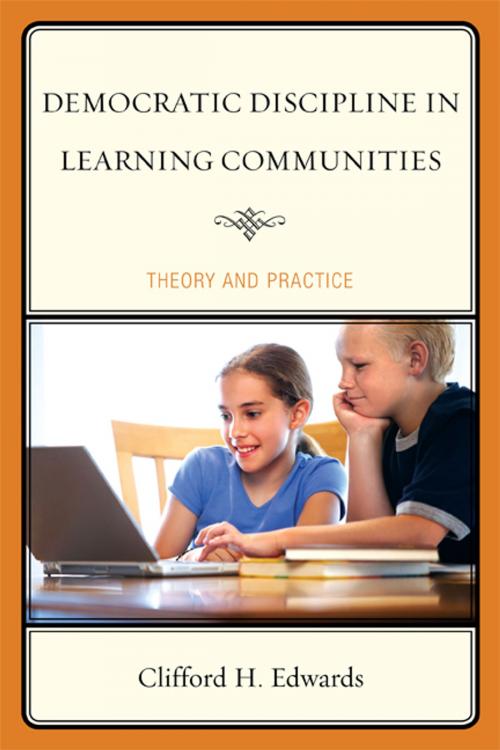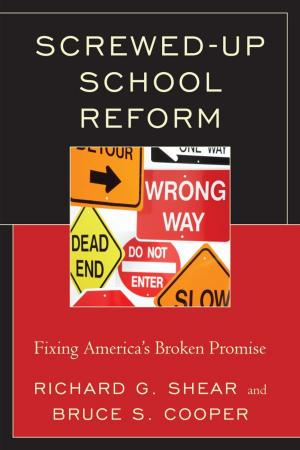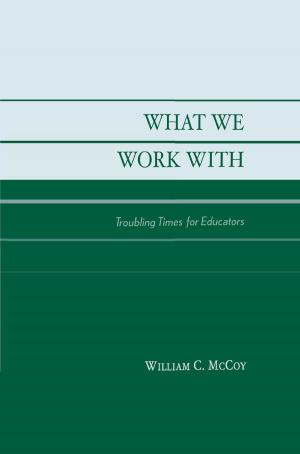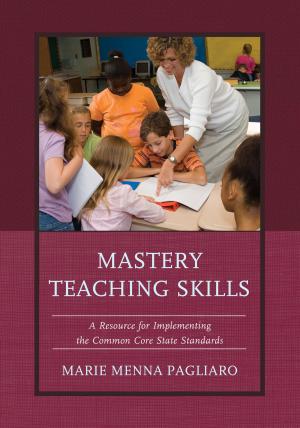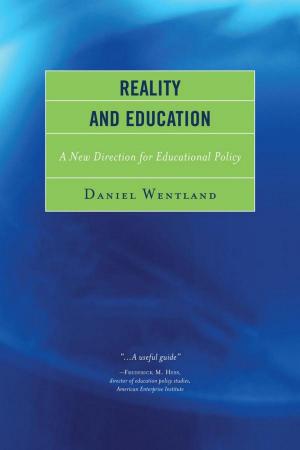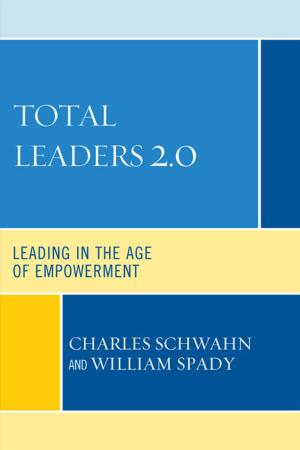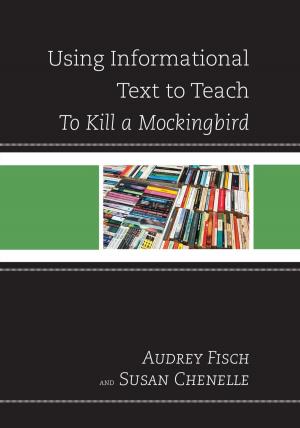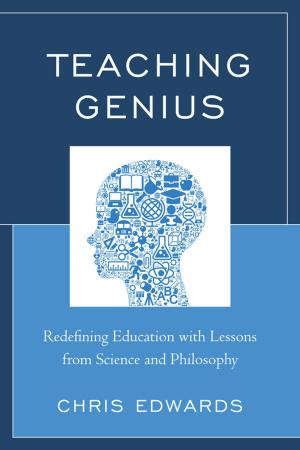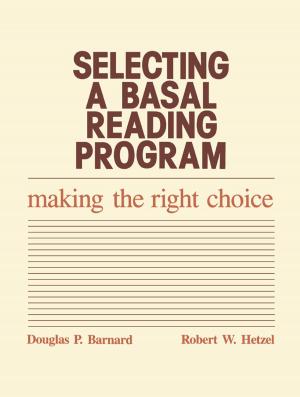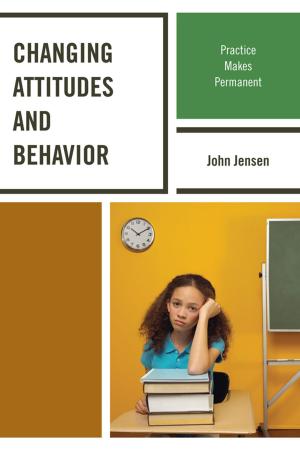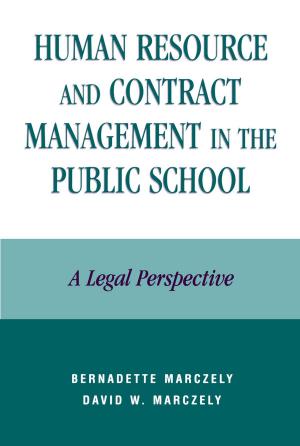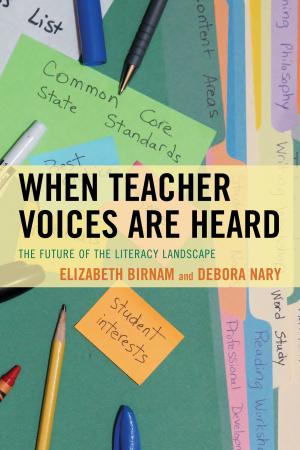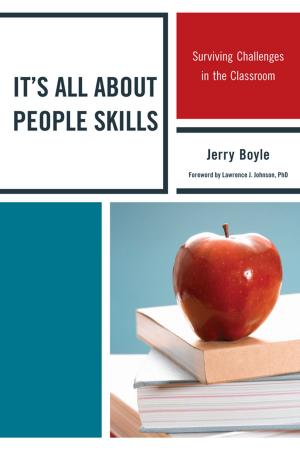Democratic Discipline in Learning Communities
Theory and Practice
Nonfiction, Reference & Language, Education & Teaching, Educational Theory, Philosophy & Social Aspects| Author: | Clifford H. Edwards | ISBN: | 9781607099864 |
| Publisher: | R&L Education | Publication: | January 16, 2011 |
| Imprint: | R&L Education | Language: | English |
| Author: | Clifford H. Edwards |
| ISBN: | 9781607099864 |
| Publisher: | R&L Education |
| Publication: | January 16, 2011 |
| Imprint: | R&L Education |
| Language: | English |
This book describes in detail the attributes of learning communities and how these characteristics help students acquire a sense of moral responsibility and commitment to fellow students. Clifford H. Edwards provides an account of how schools fail to satisfy student needs and thus promote discipline problems. Special attention is given to children's need for self-direction and how empowering them can promote more responsible learning involvement. There is also a focus on the factors that motivate learning and those that do not and how teachers can help their students become more intrinsically interested in school learning. Constructivist learning theory is presented as the most accepted explanation of how children learn and how it articulates with the learning community approach to education. The inquiry learning strategy is given as the most effective way to apply constructivist learning theory in classrooms. Appropriate relationships and effective communications are presented as essential components of learning communities and how they accentuate the effectiveness of this learning orientation. Democratic discipline within learning communities is described in detail.
This book describes in detail the attributes of learning communities and how these characteristics help students acquire a sense of moral responsibility and commitment to fellow students. Clifford H. Edwards provides an account of how schools fail to satisfy student needs and thus promote discipline problems. Special attention is given to children's need for self-direction and how empowering them can promote more responsible learning involvement. There is also a focus on the factors that motivate learning and those that do not and how teachers can help their students become more intrinsically interested in school learning. Constructivist learning theory is presented as the most accepted explanation of how children learn and how it articulates with the learning community approach to education. The inquiry learning strategy is given as the most effective way to apply constructivist learning theory in classrooms. Appropriate relationships and effective communications are presented as essential components of learning communities and how they accentuate the effectiveness of this learning orientation. Democratic discipline within learning communities is described in detail.
